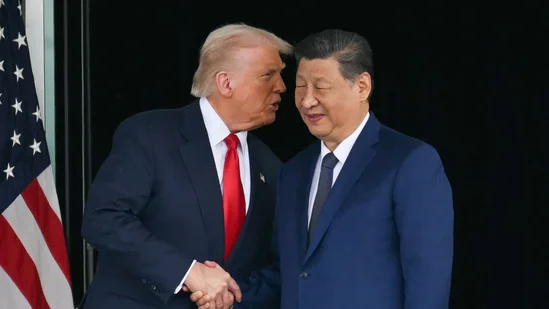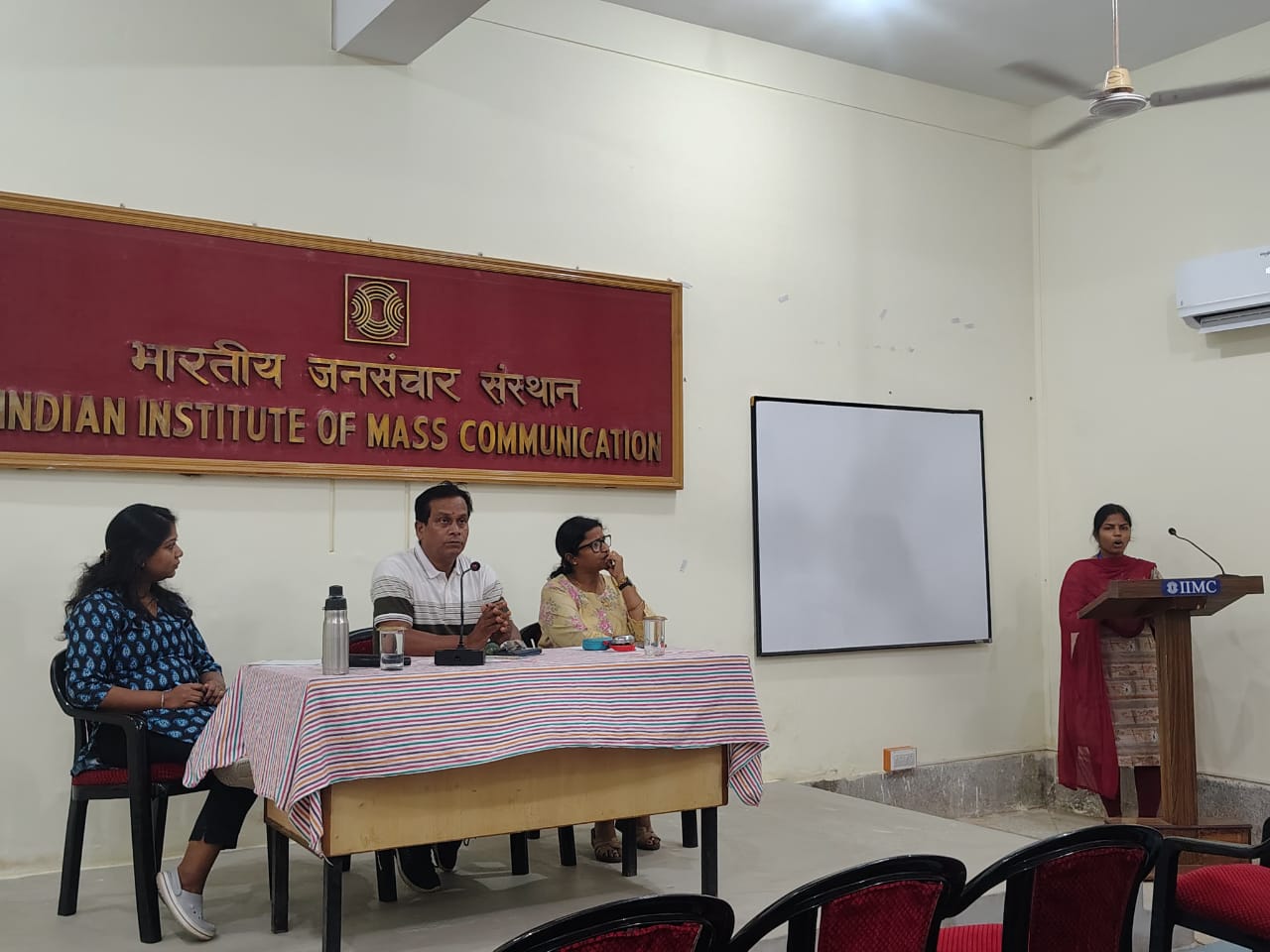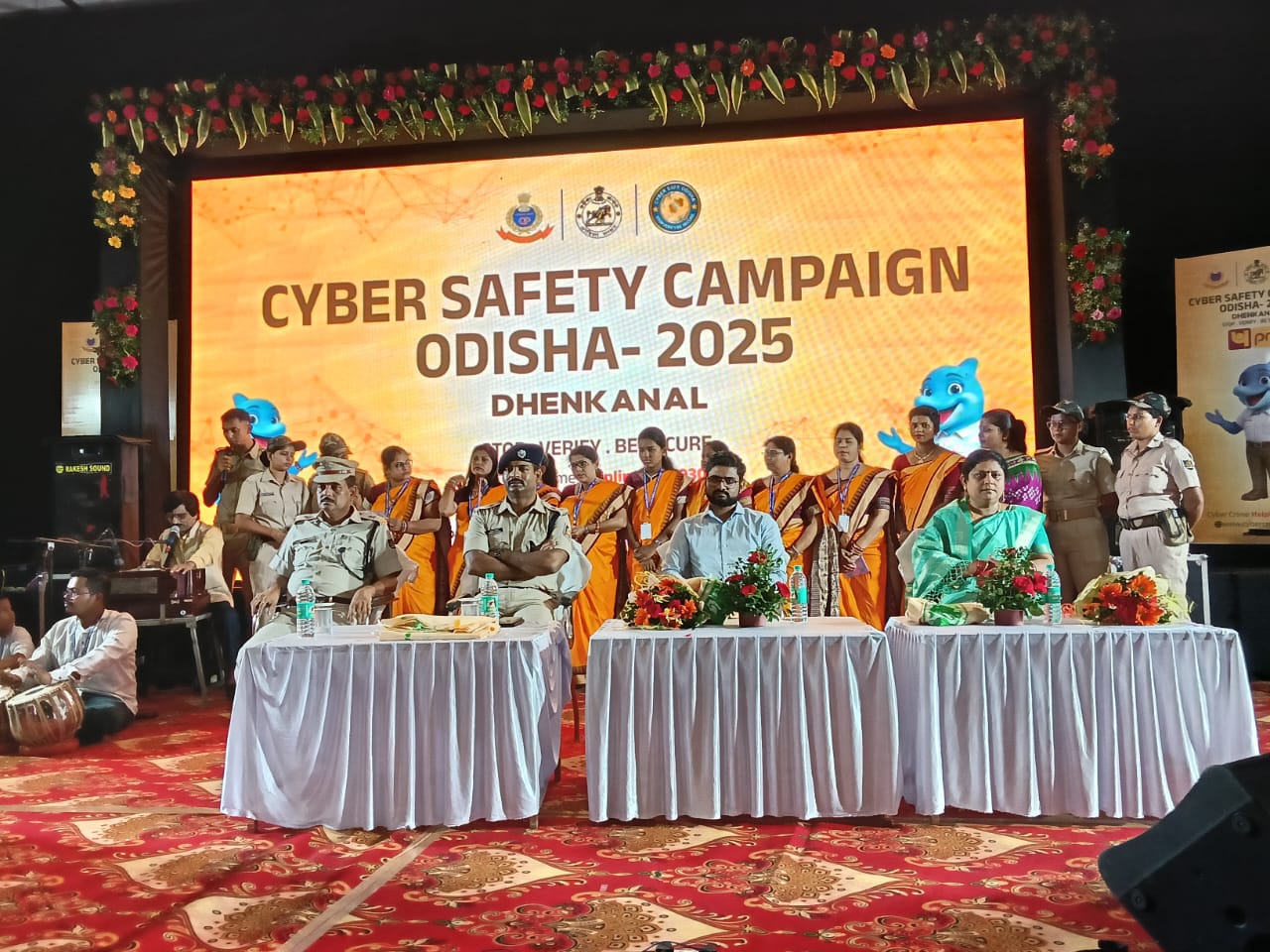 Feature: From pioneering Odisha’s digital revolution to representing Jajpur in Parliament, Dr. Rabindra Narayan Behera—former Senior Director of the National Informatics Centre and now a people’s voice in the Lok Sabha—brings together the precision of a technocrat, the insight of a scholar, and the empathy of a true public servant.
Feature: From pioneering Odisha’s digital revolution to representing Jajpur in Parliament, Dr. Rabindra Narayan Behera—former Senior Director of the National Informatics Centre and now a people’s voice in the Lok Sabha—brings together the precision of a technocrat, the insight of a scholar, and the empathy of a true public servant.
Long before politics beckoned, Dr. Behera had already etched his name into India’s technology landscape. Armed with a Ph.D. in Artificial Intelligence from Utkal University, he rose to become Senior Director at the National Informatics Centre (NIC), where he played a defining role in shaping Odisha’s digital future. At a time when digitization was an unfamiliar idea in governance, he was designing solutions that would become benchmarks. In 1998, he introduced an online donation system for the Puri Jagannath Temple—an unprecedented initiative that brought transparency, accessibility, and accountability into one of India’s holiest institutions.
Over the years, he led the development of more than 300 websites for Odisha’s key departments and institutions, including the State Government, Raj Bhavan, and the Police. His vision was straightforward yet profound: technology must not be the preserve of experts but a bridge between people and government. Recognition followed, with accolades such as the World Glory Award in Bali, the Nelson Mandela International Covenant Award, and the e-India and e-Warrior Awards, each bearing testimony to his contribution to governance through innovation.
And yet, despite this celebrated career, Dr. Behera felt a deeper calling. In 2019, after retiring from government service, he entered politics, contesting from Jajpur on a Bharatiya Janata Party (BJP) ticket. His maiden victory was no ordinary win—it broke the long-standing dominance of the Biju Janata Dal in Jajpur and marked the rise of a new kind of leadership: one that listens, learns, and leads with integrity.
What sets Dr. Behera apart is his ability to harmonize the ancient with the modern. A scholar of the Vedas and Upanishads, he views India’s spiritual heritage not as a relic of the past but as a guiding force for the future. His speeches often weave together timeless wisdom with pragmatic policy, reflecting a governance model that is as value-driven as it is visionary.
At the core of his leadership lies a profound love for Jajpur. In conversation, his pride in its history and heritage is unmistakable. He frequently highlights the legacy of Pushpagiri University at Udaygiri—considered the world’s first university—and the enduring influence of Padma Sambhav, the great Buddhist philosopher who spent his final days there. By promoting this heritage, Dr. Behera envisions Jajpur as not just a political constituency but a global cultural and spiritual destination.
His roadmap for Odisha is equally ambitious. A staunch advocate of the “Make in Odisha” initiative, he points to the significant investments it has attracted and the new opportunities it has created for the youth. He also emphasizes the importance of the blue economy, underlining the need for advanced ports and shipping infrastructure to position Odisha as a global trade hub. His vision extends to tourism as well—unveiling Koraput, Similipal, and Bhitarkanika as world-class destinations of natural and cultural significance.
For Jajpur, his priorities are rooted in the everyday challenges of its people. He has consistently spoken about the exploitation of farmers due to inadequate marketing and cold storage facilities, the harassment of Scheduled Castes and Tribes in accessing welfare schemes, the neglect of temples, and the acute unemployment caused by a lack of skill-based education. His promises are pragmatic: expediting railway connectivity to Jajpur, advocating for a university on Buddhism and maritime heritage at Ratnagiri, and ensuring that development translates into tangible improvements in people’s lives.
Equally compelling is his accessibility. Dr. Behera has pledged to keep his doors open 24×7 for his constituents, a promise that resonates with his reputation as a soft-spoken, approachable leader with a clean image. His roots in Hatasahi village of Rasulpur Block—growing up in a lower middle-class Scheduled Caste family—give him an authentic understanding of ground realities. Unlike leaders distanced from the struggles of the masses, he speaks with the authority of lived experience.
His developmental vision is anchored by major projects such as the Keonjhar Steel City initiative, the petrochemical project inaugurated by Prime Minister Narendra Modi and Chief Minister Naveen Patnaik, and the Dhamara-Jajpur connectivity plan. Each project is designed not only as an infrastructure milestone but as a catalyst for employment and inclusive growth.
As pollsters suggest, Jajpur—long considered a BJD stronghold—may be on the cusp of transformation. With his pro-poor principles, people-first approach, and alignment with Prime Minister Modi’s development agenda, Dr. Behera is emerging as the face of change in the sacred land of Goddess Biraja.
In a political climate often dominated by rhetoric, his story stands out for its substance. It reminds us that leadership, when rooted in humility, knowledge, and service, has the power to transcend politics and become a force of transformation.





